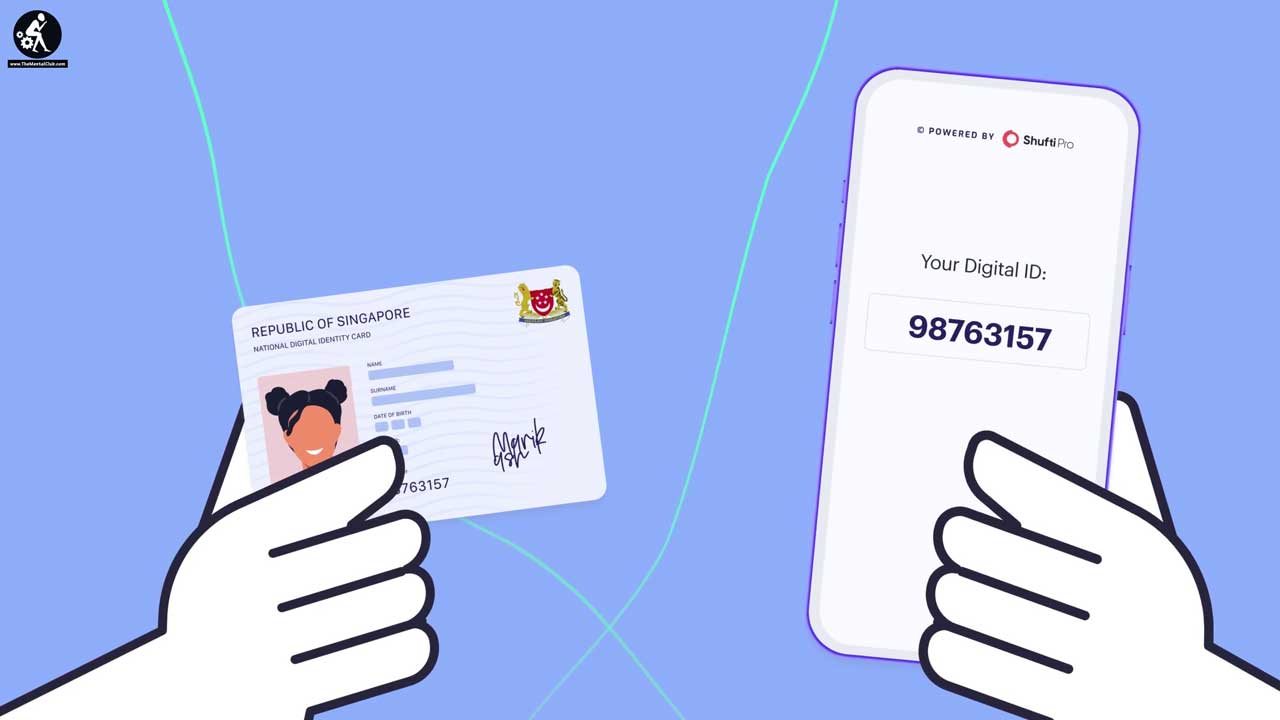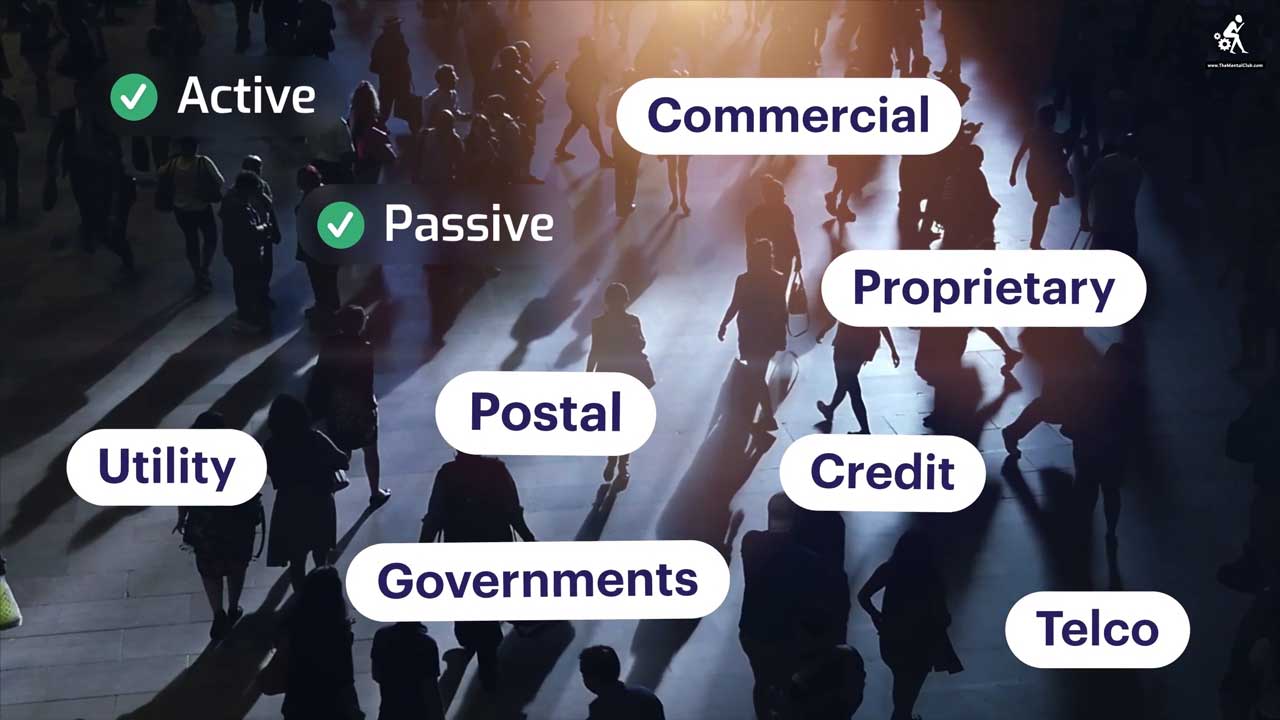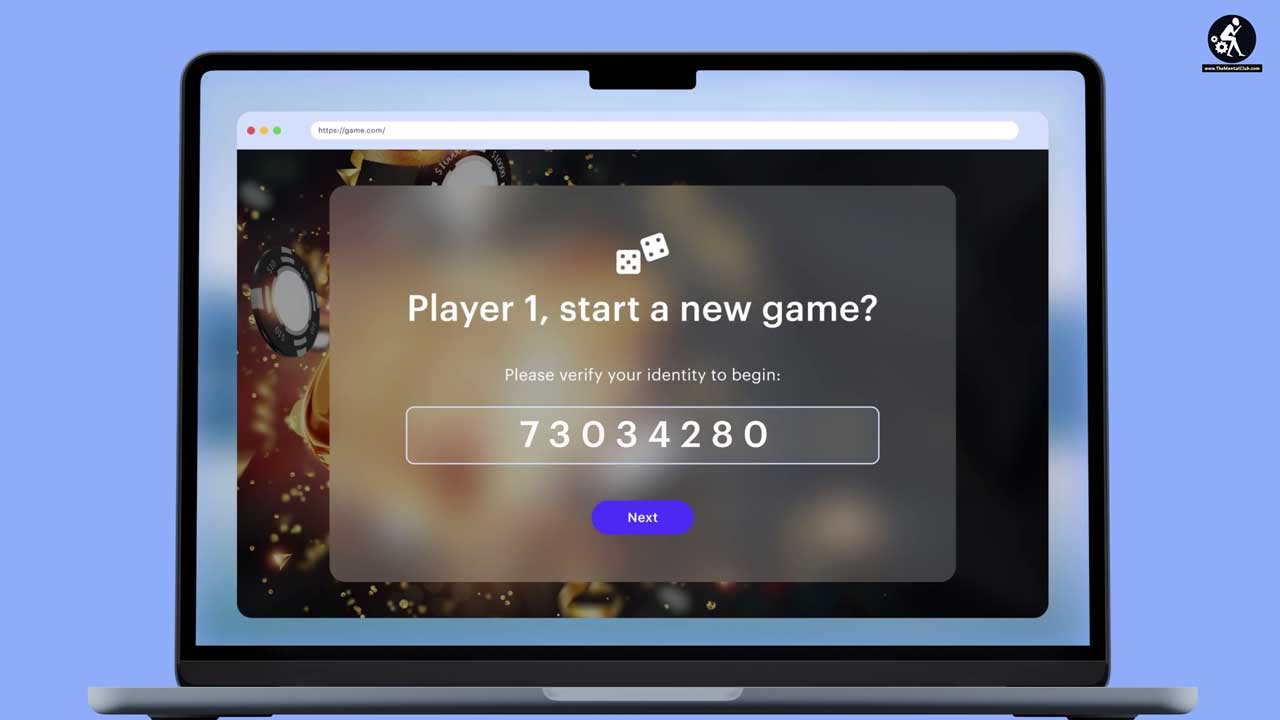Trust and security have never been more crucial in today’s digital era, where our lives are increasingly intertwined with the online world. Electronic Identity Verification emerges as the sentinel of our digital identities, safeguarding sensitive information and ensuring authenticity.

Did you know that identity theft accounted for 20% of all reported fraud cases in 2020?
Join us as we delve into the transformative world of EIV, exploring its role, benefits, and the vital trust it forges in our digital transactions.
What is Electronic identity verification?
Electronic Identity Verification (EIV) is a digital process that confirms an individual’s identity by cross-referencing personal information against trusted databases. It ensures that people are who they claim to be when accessing online services or conducting digital transactions. EIV relies on a variety of data sources, including government records and biometric data, to establish and verify identity, enhancing trust and security in the digital realm.
The Evolution of Electronic verification of identity
In its infancy, it primarily relied on basic personal information and documents. However, the evolution of technology and data accessibility has transformed Electronic verification of identity into a sophisticated process. Today, it harnesses biometrics, AI, and machine learning to scrutinize vast datasets for identity validation. The result is a more accurate, efficient, and secure means of identity verification, bolstering trust and enhancing security in online interactions.

Threats to Security and Privacy
- Identity Theft: Cybercriminals may steal personal information for fraudulent purposes.
- Data Breaches: Unauthorized access to databases can lead to sensitive data exposure.
- Phishing Attacks: Fraudulent attempts to obtain personal information through deceptive emails or websites.
- Weak Authentication: Inadequate security measures can lead to unauthorized access.
- Insufficient Encryption: Unencrypted data can be intercepted and misused.
- Malware: Infected devices can compromise user privacy.
- Social Engineering: Manipulating individuals to reveal personal data.
- Third-party Risks: Data shared with third parties may be vulnerable.
- Legal and Compliance Issues: Failing to comply with regulations can result in penalties.
- Trust Erosion: Security breaches can erode user trust.

Benefits of Electronic Verification Systems
Electronic verification systems offer numerous advantages in today’s digital landscape:
Enhanced Security: These systems provide a robust layer of security by verifying the identity of users, reducing the risk of unauthorized access and fraud.
Efficiency: They streamline onboarding processes, minimizing manual paperwork and saving time for both businesses and customers.
Improved Customer Experience: Faster and more convenient identity verification leads to a smoother customer journey, enhancing satisfaction.
Cost Savings: Reduced manual verification efforts and decreased instances of fraud translate into cost savings for organizations.
Global Reach: Electronic verification can be conducted remotely, enabling businesses to verify customers worldwide.
Compliance: These systems assist in complying with regulatory requirements, reducing legal risks.
Data Accuracy: Automation reduces the potential for human error, ensuring accurate verification results.
Fraud Prevention: Advanced algorithms and data analysis help detect and prevent fraudulent activities.
Scalability: These systems can easily adapt to varying verification needs as a business grows.

Real-world applications of Online ID checks
Online ID checks have a wide array of real-world applications across various industries:
- Finance: Banks and financial institutions use them for customer onboarding, fraud prevention, and ensuring compliance with KYC and AML regulations.
- E-commerce: Online retailers employ ID checks to verify customer identities, reduce fraud in online transactions, and enhance the overall shopping experience.
- Healthcare: Medical providers use them to authenticate patients for telemedicine appointments and secure access to electronic health records.
- Travel: Airlines and hospitality businesses rely on ID checks to verify passenger identities and ensure secure bookings.
- Government: Government agencies use them for citizen identification, voting, and issuing official documents.
- Education: Educational institutions use online ID checks for student enrollment, course access, and exam proctoring.
- HR and Recruitment: Companies verify candidate identities during the hiring process to prevent fraud and ensure the accuracy of employee records.

Choosing the Right EIDV Solutions
Selecting the appropriate Electronic Identity Verification EIDV solution is crucial for businesses. With a myriad of options available, it’s essential to consider factors like accuracy, scalability, compliance, and integration capabilities. How well a solution aligns with your specific needs and industry requirements matters.
Key Points
- Electronic Identity Verification (EIV) ensures online authenticity and security in our digital age, countering identity theft, which accounted for 20% of fraud cases in 2020.
- EIV cross-references personal information with trusted databases, using biometrics and AI for validation.
- EIV evolution: From basic data to sophisticated biometrics, AI, and machine learning, enhancing efficiency and trust.
- EIV benefits: Enhanced security, efficiency, improved customer experience, cost savings, global reach, compliance, data accuracy, fraud prevention, and scalability.
- Real-world applications: Finance, e-commerce, healthcare, travel, government, education, HR, and recruitment.


































